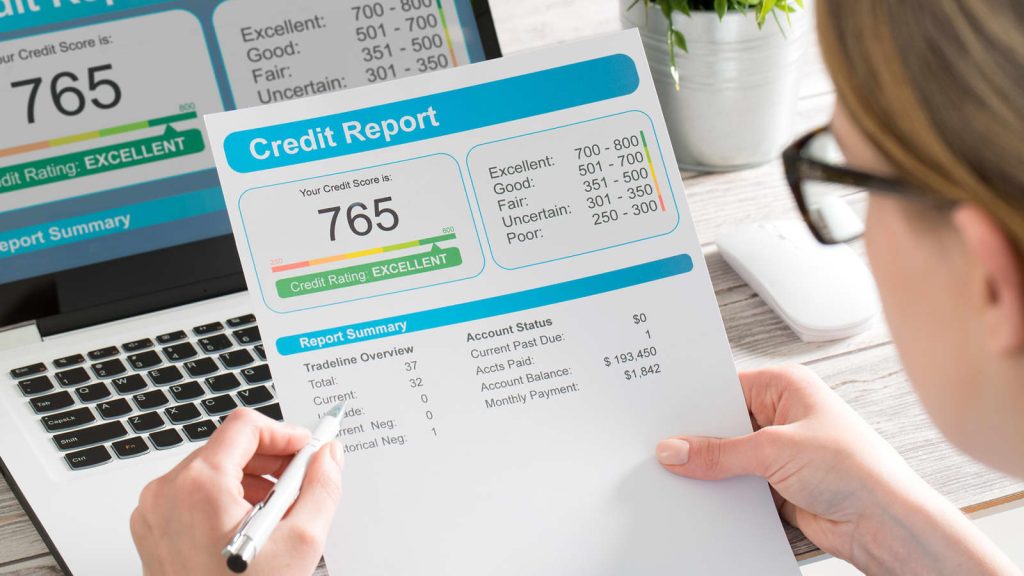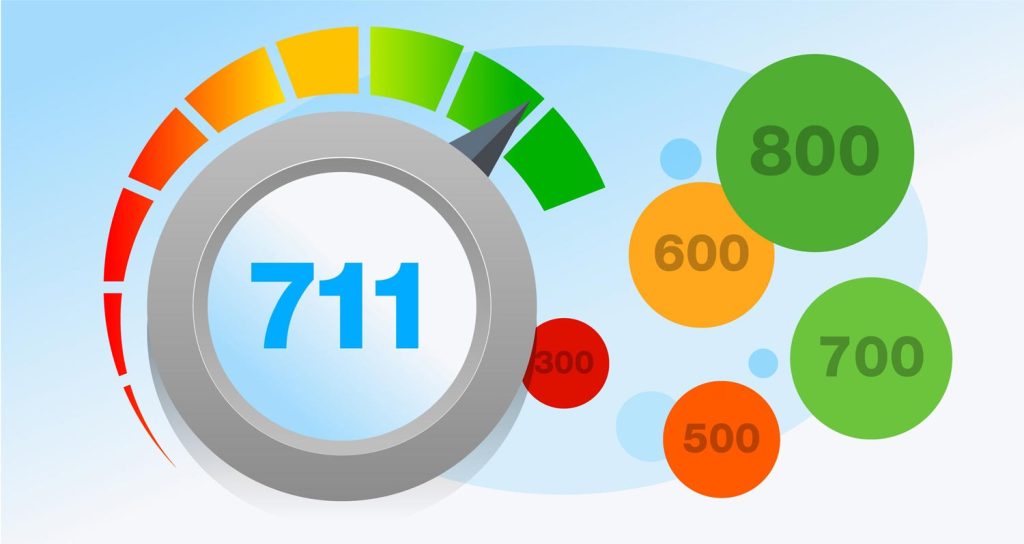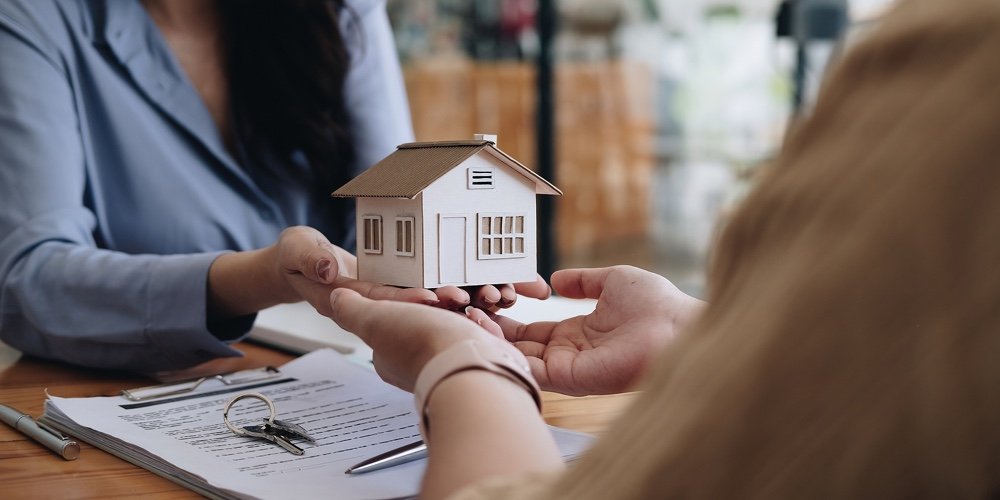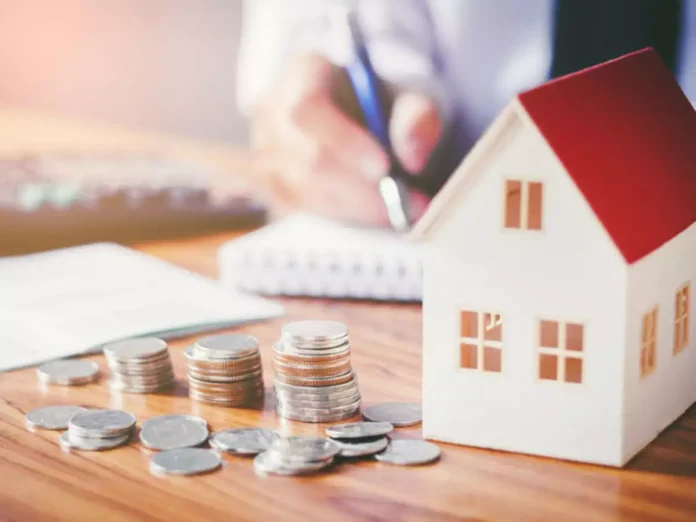House prices continue to rise in many parts of the world, which can be great news for buyers who are looking to get into the market. However, there are also a number of factors that could lead to a house not being as affordable as you might think. In this article, we’ll discuss some tips on how you can fix your credit score before making an offer on a property.
Credit Report

If you’re thinking of buying a house, your credit report is probably at the top of your list of things to check. Here are some ways to fix your credit before buying a house:
- Pay all your bills on time every month. This will show that you’re responsible and your credit score will reflect that.
- Keep a good credit history. A good credit history indicates that you’re a low-risk borrower and can get loans in the future without having to spend lots of money on interest rates.
- Make sure your debt-to-income ratio is low. A high debt-to-income ratio means you’re likely overextended and could have trouble paying off your debts in the future.
- Use a credit monitoring service. This will help you stay on top of any changes to your credit score and make sure there are no errors on your report.
Checking Your Credit Score

Before buying a house, it’s important to make sure your credit score is in good shape. Your credit score is a measure of your creditworthiness. It factors in both your past credit history and current financial status. Here are some ways for your credit repair before you buy:
1) Make sure you’re on time with your payments. A good credit score depends on your debt levels and payment history, so make sure you’re keeping up with your bills.
2) Avoid using hard to get loans. If you can, try to get loans from reputable lenders that you can afford and that have good reviews. This will show lenders that you’re a responsible borrower and improve your chances of getting approved for a mortgage.
3) Keep an eye on your utilization rate. This tells lenders how much of your available borrowing capacity you’re using each month. Try to keep it below 30%.
4) Review your credit report once a year and disputed items should be corrected if they’re inaccurate. This will help improve your overall credit score.
How to Fix Your Credit Before Buying a House?

If you’re thinking of buying a house soon, it’s important to fix your credit first. This will help you qualify for a mortgage and avoid expensive fees later on. Here are six ways to improve your credit score:
- Pay your bills on time. If you have a history of late payments, creditors may ding your credit score. Make sure to keep up with your payments even if it takes a little bit longer than usual to pay off your debt.
- Keep your credit utilization low. The more debt you have relative to your available credit, the lower your credit score will be. Try to keep your total consumer debt (credit cards, loans, and other loans) below 30% of your total available borrowing capacity.
- Avoid getting hit with collections debts. A collection account will reduce your credit score by 25 points, even if you never paid the original debt back in full. If possible, try to resolve any delinquent accounts before they turn into collections problems.
- Protect your Social Security number and other personal information. Keep all of the paperwork that proves you are the rightful owner of your accounts (such as driver’s licenses and utility bills). If someone else tries to open an account in your name, they may be able to do so only if they can get access to your personal information.
- Keep a close eye on your credit utilization rate. This is the amount of consumer debt divided by the total available credit (in this case, your credit score would go down if your utilization rate went up). You should try to keep your utilization rate below 30% at all times.
- Consider using a credit monitoring service. This will help you stay on top of your credit score and make sure that it remains high over time.
What to Do If You Can’t Fix Your Credit?

If you’re having trouble fixing your credit, there are a few things you can do before buying a house.
- First, make sure you have accurate information about your credit score and credit history. You can get this information from a number of sources, including your credit bureau, your lender, and online calculators.
- Once you have this information, start working on repairing any mistakes in your credit report. This could include paying off high-interest debt, opening new accounts in your name only, and maintaining a good payment history. If you’ve been delinquent on payments in the past, try to get into a repayment plan with your creditors.
- Finally, be prepared to explain any issues with your credit score to potential homeowners or lenders. They may require additional paperwork or a deposit before granting you a loan.
End-Up
Before you buy a house, it is important to fix your credit. This can be done in a few different ways, but the most important thing is to start somewhere and work on fixing your credit score. There are a few agencies that offer free services to help people improve their credit score, so it’s worth investigating what these agencies can do for you. If you don’t have any other options, try contacting a lender directly to see if they would be willing to work with you before approving a loan for purchase of a home.






